A sensational paper argues that AI could be responsible for the scarcity of advanced technological civilizations in the Universe.


A sensational paper argues that AI could be responsible for the scarcity of advanced technological civilizations in the Universe.
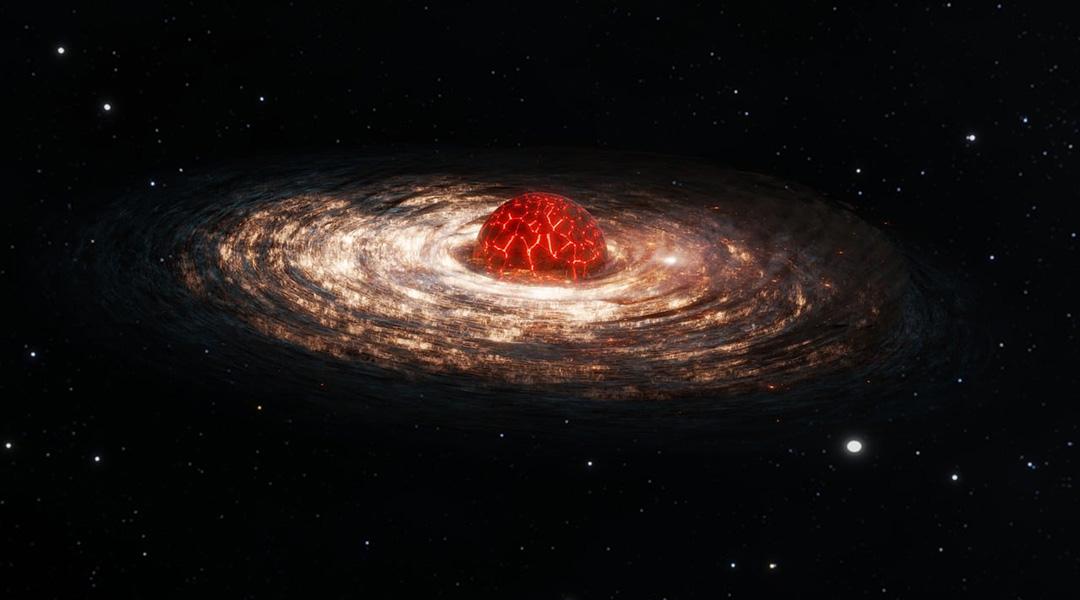
While dark matter’s enigmatic nature persists, Proca stars made of dark photons could help shed light on this cosmic mystery.
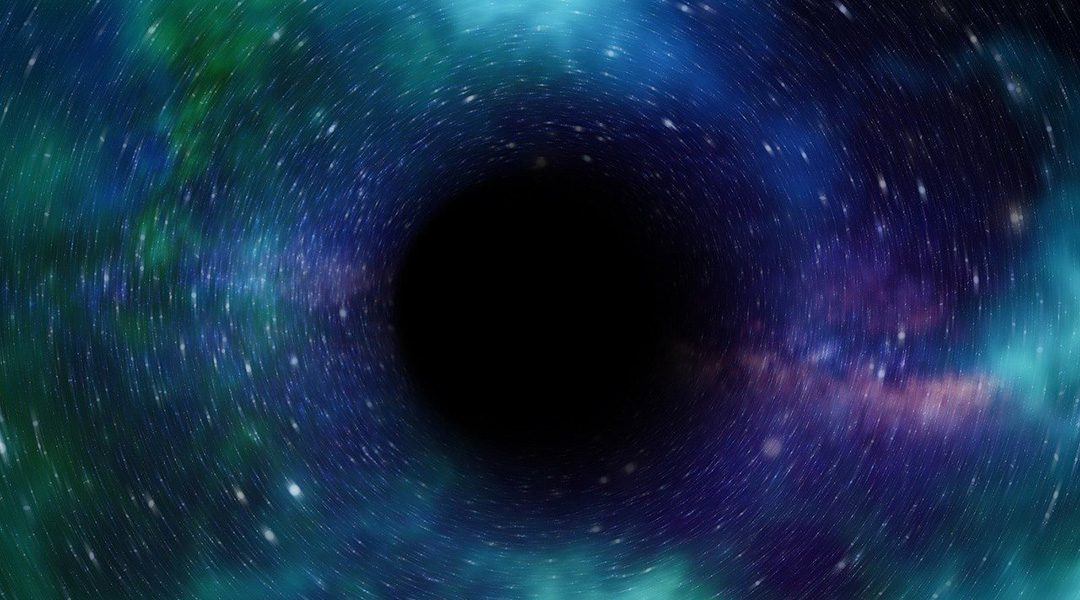
The new findings contradict most observations of supermassive black holes, making this an unprecedented discovery.
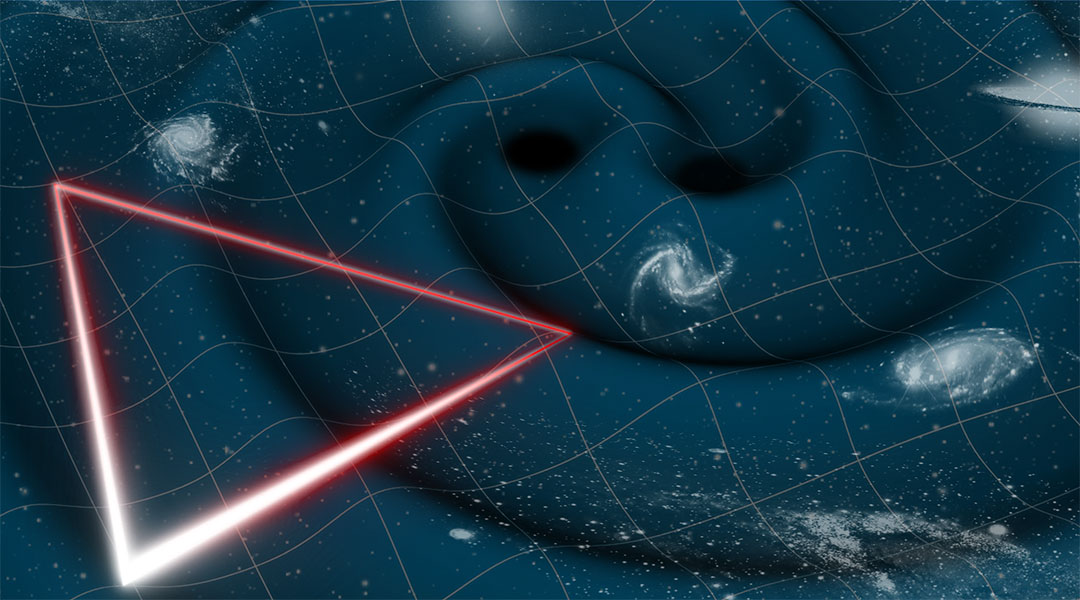
ESA greenlights LISA, a space-based observatory poised to detect gravitational waves across space and time.
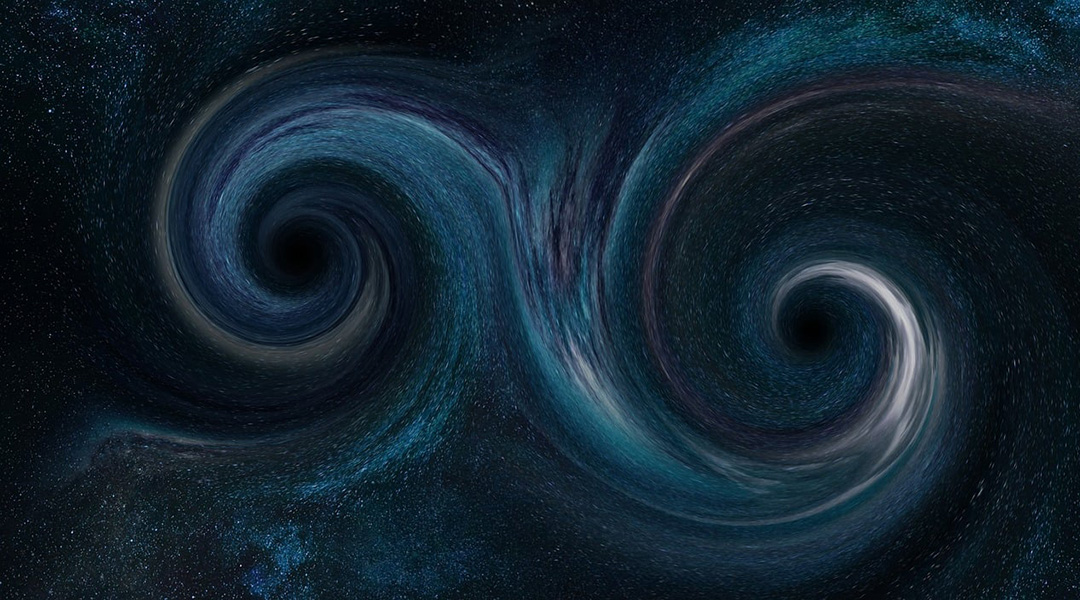
Gravitational waves could be the key to imaging elusive primordial black holes born in the first moments of our Universe.

Astronomers used the Gaia Space Telescope to say “you are the father” by tracing hot young stars back to their place of birth.
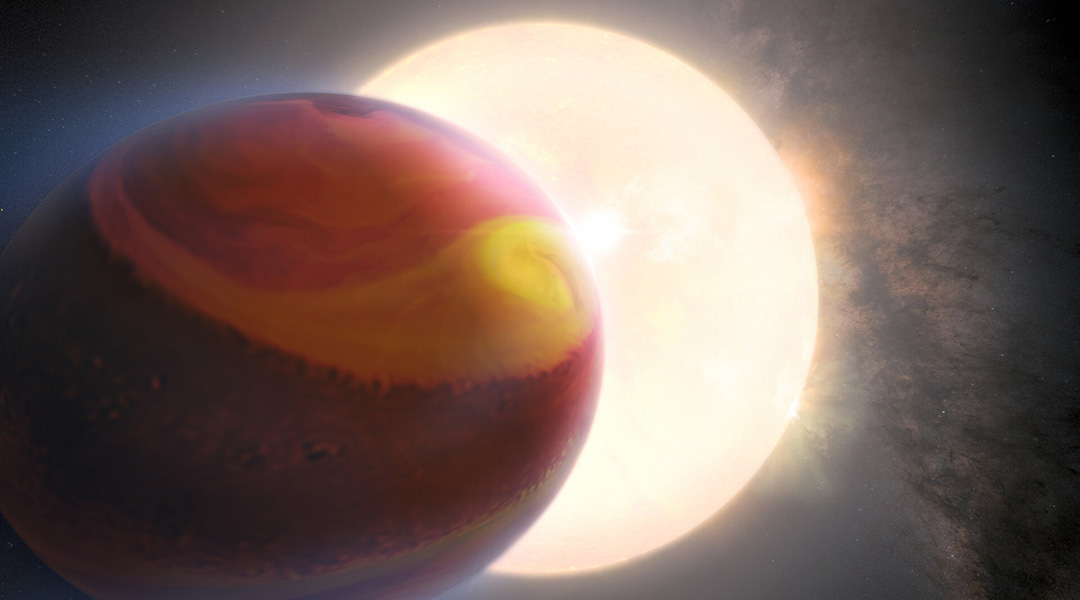
The Hubble Space Telescope saw massive cyclones, storms, and weather chaos in the changing atmosphere of WASP-121b, a planet so hot it rains iron, sapphires, and rubies.
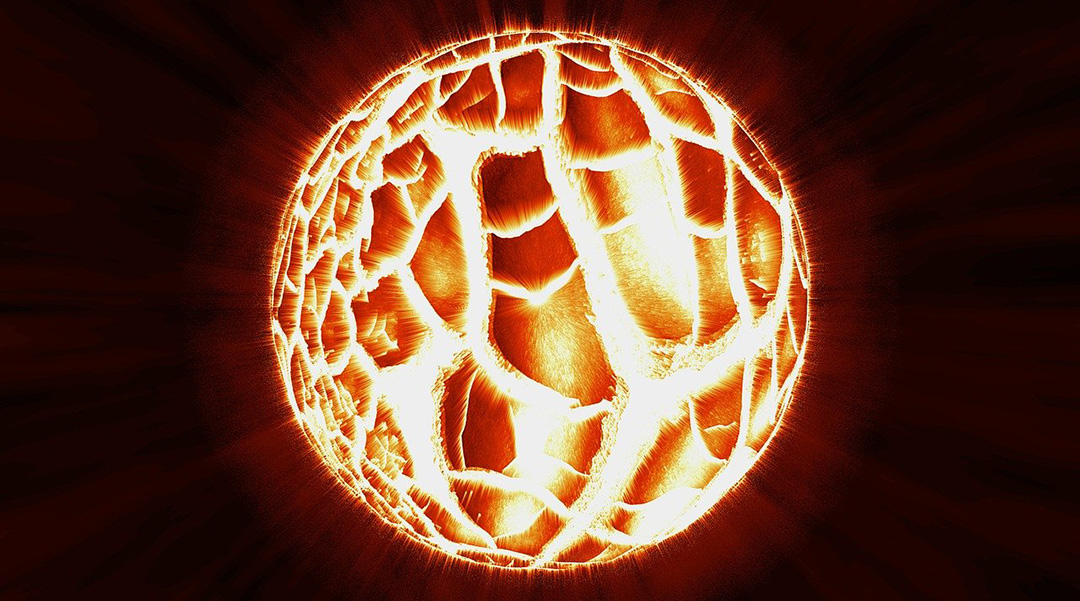
Massive neutron stars have such enormous pressure in their cores that neutrons residing there lose their integrity and become a new type of matter.
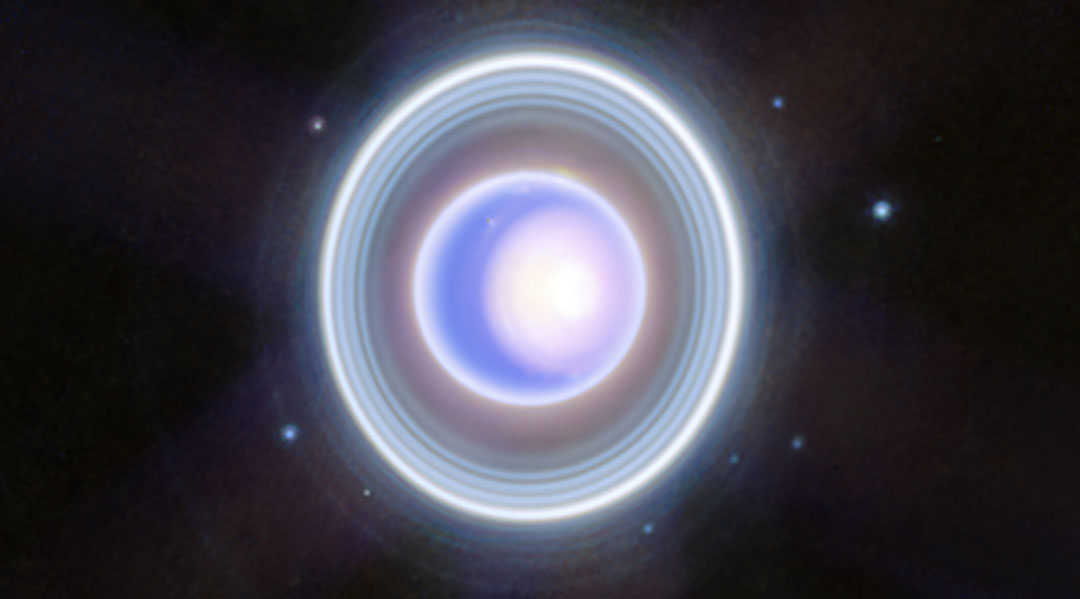
The powerful telescope gave space fans an early Christmas present in the form of a detailed image of Uranus, observed using infrared light.
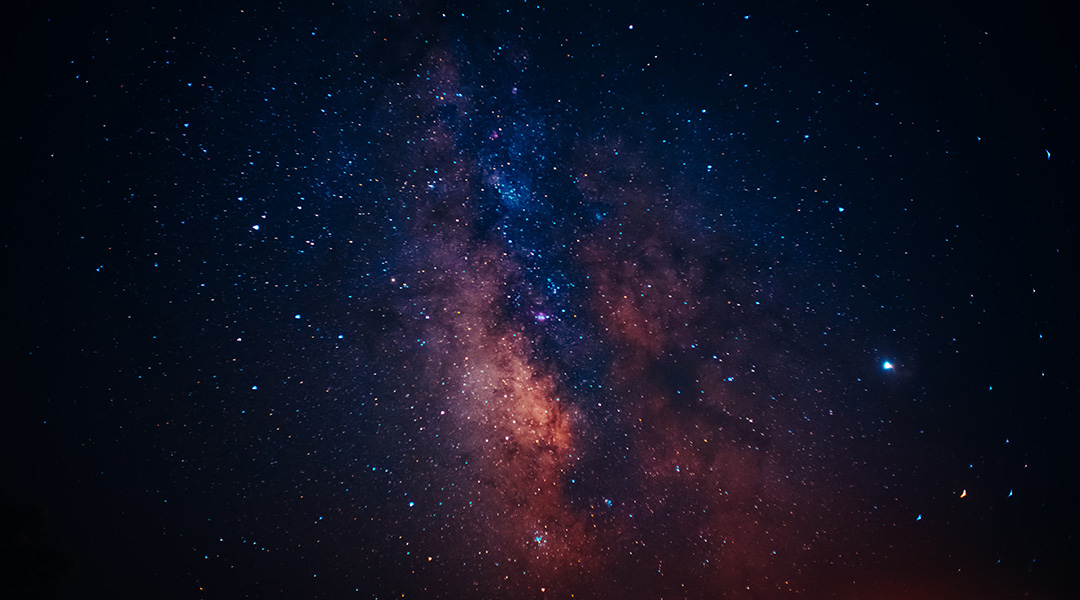
The twenty gravitationally connected galaxies extend through the early Universe for millions of light years.